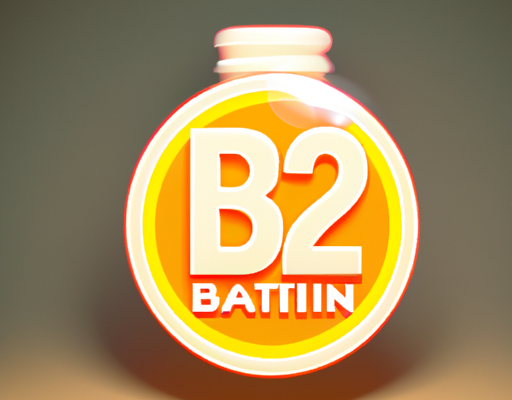Background
Health-Background: When people think of soreness, they often think of minor ailments that may result from physical activity. However, when it comes to a sore that does not heal, it can be indicative of a more serious underlying health condition. This is especially true if the sore has been present for several weeks or more. If this is the case, it is important to consult with a physician, as the sore could be a sign of something more serious such as an infection. There are a variety of infections that may cause sores that do not heal, such as syphilis, herpes, and HIV. It is also important to keep an eye out for any other unusual symptoms, as sores that do not heal can sometimes be an indicator of a larger health issue.
Symptoms
Living with a chronic sore that does not seem to heal can be incredibly difficult, and it can significantly reduce the quality of life for those who experience it. Symptoms vary from person to person, but there are some common signs that signify an open sore that may be difficult to repair. These include persistent redness, swelling, itching, and pain, especially when touched. In some cases, an open sore may leave behind an open wound that is slow to heal, with the threat of infection always looming nearby. Those living with this condition may also find that the affected area of their body is especially sensitive to temperature changes, as well as to other external factors. People with this condition may also struggle with fatigue or find that they are unable to enjoy physical activities due to the constant discomfort.
Diagnosis
When symptoms of a sore that does not heal persist for more than a few weeks, it’s important to make an appointment with a healthcare provider. A thorough physical examination is often the first step in diagnosing a sore that does not heal, and may include an assessment of the affected area, as well as a review of the patient’s medical history. Sometimes, further testing is needed to identify the underlying cause of the sore, such as blood tests, imaging tests, or biopsies. Treatment for a sore that does not heal will depend on the underlying cause, and may include medications, wound care, or even surgery. It’s important to speak with a healthcare provider if a sore won’t heal, as it could be a sign of a more serious condition.
Treatment
Having sore that does not heal is a very serious condition that should be treated as soon as possible and it is of utmost importance to gain an accurate diagnosis. It requires a thorough medical evaluation and a combination of treatments such as antibiotics, anti-fungal medications or immune-modulating medications. Although antibiotics are often prescribed, they may be ineffective if the sore is caused by a bacterial infection that is resistant to the antibiotic. In some cases, the sore may require surgery, such as the removal of a foreign object or damaged tissue. Nutrition, lifestyle and environmental modifications may also help to speed the healing process. In extreme cases, the conditions that cause non healing sores, such as diabetes and underlying autoimmune conditions, may need to be managed. It is important to seek professional medical advice to ensure these conditions are properly treated to stop the progression of the sore and prevent it from returning.
Outcome
For those affected by chronic conditions, the outcome is often very uncertain. While many sufferers are able to manage the condition with medication and lifestyle changes, there are some cases where the condition does not respond to treatment. In these cases, the patient may be faced with a life-long struggle to manage their condition and any associated symptoms. Unfortunately, this can be a difficult and taxing journey, filled with physical and emotional hardship. Thankfully, there are support networks and resources that can provide guidance and comfort during this trying time, helping those with chronic conditions to navigate the often uncertain world of chronic health. With the right support, those affected by chronic conditions can lead fulfilling lives in spite of their condition.
Lessons learned
Living with an injury, illness or disease is rarely part of anyone’s plan. Yet, managing and navigating one’s health is a part of life for many. When faced with a long-term injury or illness, one is forced to learn many lessons that were not in the original plan. These lessons include patience, resilience, and learning how to balance a new normal. It takes courage to face these health challenges, but it can also be an opportunity to become empowered. Learning to recognize and appreciate one’s own strength during such periods, as well as those of the people and resources around them, is a key lesson. Even though such experiences can be difficult, they can be transformative and ultimately provide the ability to establish a new relationship with one’s health.





No Comments